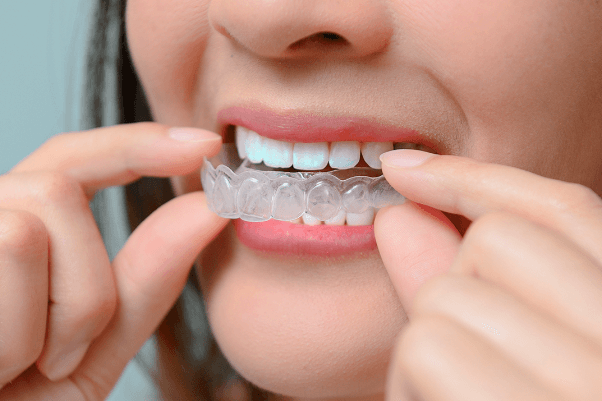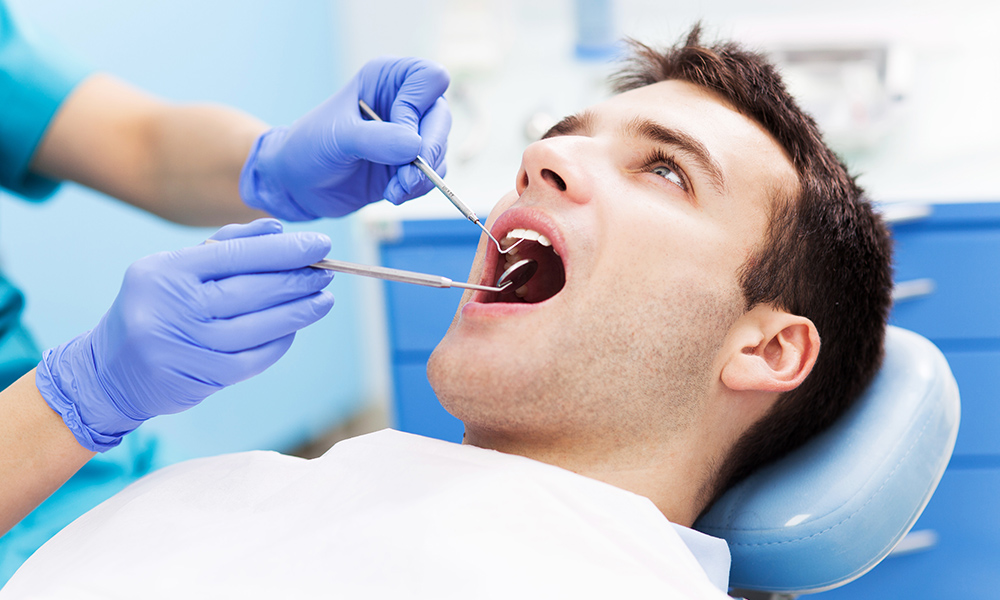You play a crucial role in maintaining your oral health. A general dentist is your first line of defense in preventive care and education. Routine check-ups and cleanings keep your teeth and gums healthy. They also help catch problems early. At a Lincoln dental practice, you receive guidance tailored to your needs. This includes advice on brushing and flossing. Education is key. Your understanding of oral hygiene helps prevent cavities and gum disease. A general dentist shows you how to take responsibility for your oral health. You learn about the impact of diet on your teeth and the importance of avoiding tobacco. By focusing on prevention, you save yourself from pain and costly procedures. The partnership between you and your dentist is vital. This relationship empowers you to take charge of your oral health, ensuring a lifetime of healthy smiles. Your proactive approach leads to long-term benefits.
Understanding Preventive Care
Preventive care is not just about treatments. It’s about a mindset that values maintaining health over treating disease. Regular dental visits include cleanings and exams. These visits are the heart of preventive care. During a cleaning, your dentist removes plaque and tartar. This reduces your risk of cavities and gum disease. Exams help spot issues before they become serious. Early detection saves you from complex treatments and long-term problems.
The Importance of Education
Education in dental care is power. Knowing how to care for your teeth helps you make informed choices. Dentists teach you techniques for effective brushing and flossing. They explain why these habits matter. You learn about the impact of sugar and acidic foods. Recognizing the signs of potential problems gives you the power to act quickly. This knowledge helps preserve your smile.
Common Preventive Practices
- Regular brushing and flossing
- Using fluoride toothpaste
- Limiting sugar intake
- Regular dental check-ups
- Protecting teeth during sports
The Impact of Diet on Oral Health
What you eat affects your teeth. Sugary foods and drinks feed bacteria that create acids. These acids erode enamel, leading to cavities. Fresh fruits, vegetables, and whole grains support oral health. They provide nutrients that strengthen your teeth and gums. Avoiding tobacco products also protects your mouth from damage.
Benefits of Regular Dental Visits
Regular dental visits help prevent minor issues from becoming major problems. These visits offer a chance to discuss any concerns with your dentist. You receive professional advice and treatment planning. Understanding the benefits of routine care encourages you to stay committed to your health.
Comparison of Preventive vs. Reactive Care
| Aspect | Preventive Care | Reactive Care |
|---|---|---|
| Focus | Maintaining oral health | Treating issues after they occur |
| Cost | Lower costs long-term | Higher costs for treatments |
| Comfort | Pain-free | Can be uncomfortable or painful |
| Procedure | Routine cleanings and check-ups | Fillings, root canals |
Building a Trusting Relationship
Trust your dentist. Open communication builds a successful partnership. Talk about your concerns and ask questions. Your dentist’s expertise and your commitment lead to a strong partnership. This relationship ensures effective preventive care.
Resources for Further Learning
Explore reliable sources for more information. Visit the Centers for Disease Control and Prevention for detailed insights into oral health. The American Dental Association provides practical guides and tips. These resources empower you with knowledge.
Conclusion
Preventive care in dentistry is essential. It involves regular visits and education. Understanding the importance of diet and daily habits helps maintain your smile. You save time and money by preventing issues before they start. Your active role and partnership with your dentist ensure a brighter, healthier future for your oral health.




